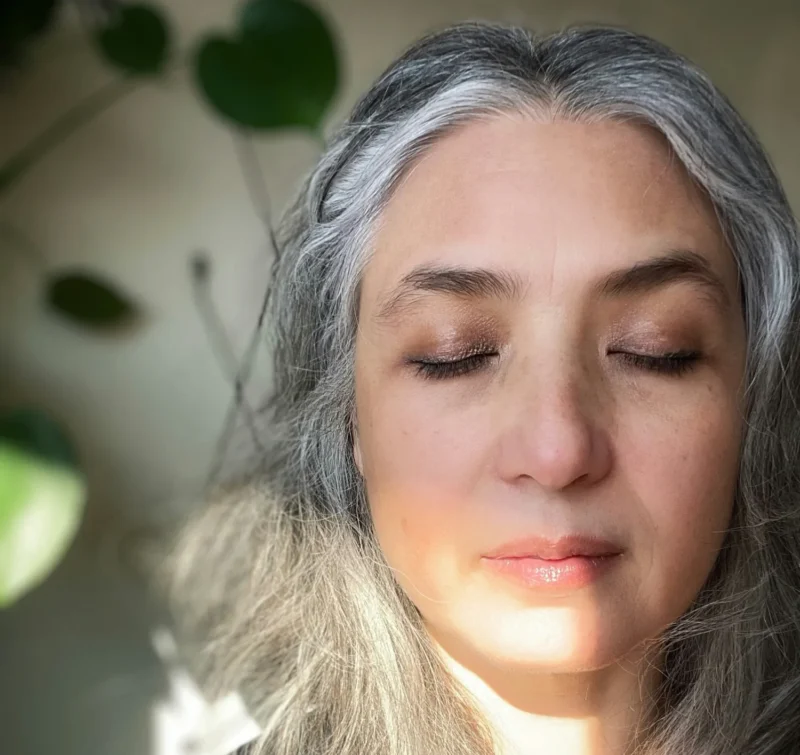
What are eating disorders and disordered eating?
An eating disorder is a mental illness where food, weight and body shape become a harmful fixation for the affected person. If untreated, eating disorders can become very severe and destructive to both physical and mental health. Approximately one in twenty-five Australians has an eating disorder. Anyone can be affected by an eating disorder, regardless of age or gender.
What are Eating Disorders?
The Diagnostic and Statistical Manual of Mental Disorders recognises four eating disorders:
- Anorexia Nervosa
- Bulimia Nervosa
- Binge Eating Disorder
- Other Specified Feeding and Eating Disorder (OSFED)
Disordered eating, on the other hand, is characterised by a variety of abnormal but ‘subclinical’ eating behaviours that do not meet the criteria for the formal diagnosis of an eating disorder. This does not mean that it cannot be harmful. Disordered eating includes symptoms and patterns of behaviour common to eating disorders, such as chronic restrained eating, compulsive eating and binge eating with associated loss of control.
What are the symptoms of eating disorders or disordered eating?
Symptoms differ between each eating disorder. Some common symptoms include:
- preoccupation with, or over-evaluation of, weight and size
- preoccupation with, or elimination of, food
- excessive body checking
- binge eating
- food rituals (playing with food, rearranging on plate)
- excessive fear of weight gain
- excessive exercise
- dieting
- purging through vomiting or laxative abuse
- avoidance of social situations involving food
- eating in isolation due to disgust or embarrassment
Research has also linked eating disorders with high rates of depression, anxiety and low self-esteem. People with eating disorders also tend to have elevated rates of personality disorders and substance use. These behaviours and attributes can significantly interfere with a person’s ability to manage day-to-day life.
Eating disorders can have also profound physical impacts. Weight loss and malnutrition caused by Anorexia Nervosa can cause low blood pressure, osteoporosis, muscle wasting, growth retardation and hypothermia. Binge eating and purging disorders such as Bulimia Nervosa can cause esophagitis, enamel erosion, arrhythmias and diarrhea. Eating disorders can also affect cognition, causing deficits in memory, executive functioning, verbal and visuospatial processing.
What causes eating disorders?
Eating disorders may be influenced by a number of environmental, genetic, biochemical and personality factors. A history of trauma or abuse, troubled family and personal relationships, feeding difficulties in childhood and bullying based on physical appearance are all risk factors.
Social factors including cultural pressures to achieve certain types of bodies can also be damaging. Media depictions of unrealistic bodies help glorify thinness and reinforce narrow definitions of beauty. These cultural pressures are felt by many people. For some, the pursuit of such idealised bodies plays a role in the development and maintenance of eating disorders. Media which offers ‘thinspiration’ or ‘fitspiration’ can also inadvertently contribute to disordered eating or unhealthy body image.
Males and eating disorders
It is estimated that around one in four people with an eating disorder are male, but the true proportion may be higher. Eating disorders tend to be underdiagnosed in males, perhaps due to stigma, lack of awareness or a reluctance to admit to or address the issue. Excessive exercise, steroid abuse and fixation on muscularity are particularly common among males.
How Seed Psychology can help you
Seed Psychology offers psychological treatment for persons with an eating disorder, or for friends and family who are supporting a loved one with an eating disorder. These sessions aim to identify the psychological aspects that have contributed to the onset and maintenance of an eating disorder.
Through psychotherapeutic techniques, including cognitive restructuring, personal development exercises and relaxation techniques, we will work to reduce feelings of inadequacy, negative body image, shame and guilt and help you to regain your health, wellbeing and quality of life.
Through connection,
change is possible
Our compassionate team at Seed Psychology is here to help you regain your wellbeing and navigate life’s challenges with greater confidence and clarity. Connect with us to book an appointment with a psychologist in our Brunswick clinic or via telehealth Australia-wide.
Available resources
Meet our amazing team of therapists
Our diverse team of psychologists offer individual, couples, and online therapy, as well as assessments. Beyond their expertise, they bring humanity and care, providing respectful, affirming support tailored to each person’s unique experience.
Freqeuently asked questions
-
You do not need a referral to see a Psychologist at Seed Psychology. However, if you’d like to claim a Medicare rebate, you will need a Mental Health Care Plan (MHCP) from your GP. With a MHCP, you may be eligible for rebates on up to 10 sessions per calendar year. These sessions can be used at any psychology clinic of your choice. To access Medicare psychology rebates, book an appointment with your GP and ask for a Mental Health Care Plan. Most referrals begin with 6 sessions, with the option to access 4 more after a review. Referrals can also be provided by a psychiatrist or paediatrician.
-
Yes, we offer in person sessions at our Brunswick East practice and secure online appointments. Our online services make it easy to connect with your Psychologist from anywhere, offering flexibility without compromising on care. Whether you attend in person or online, you’ll receive consistent, high-quality support.
-
To book an appointment, simply use our booking form, or call our client care team on 9388 8113.
-
Our goal is to make mental health care approachable, inclusive, and clear—so you always know what to expect.
Individual Therapy Sessions
- Private clients (no referral): $255 – $285
- Clients with a MHCP: $230 – $285
- Medicare rebates: $96.65 – $141.85 per session (depending on the clinician)
- Private clients (no referral): $255 – $285
-
At Seed Psychology, your safety and wellbeing are our highest priorities. While we are here to support you through regular therapy sessions, we are not a crisis service and may not be available outside of scheduled appointments. If you or someone you care about is in immediate danger, experiencing a mental health crisis, or needs urgent support, it’s important to seek help straight away through the appropriate emergency or crisis services. You can find a list of trusted organisations and services here that can provide immediate support when you need it most.











